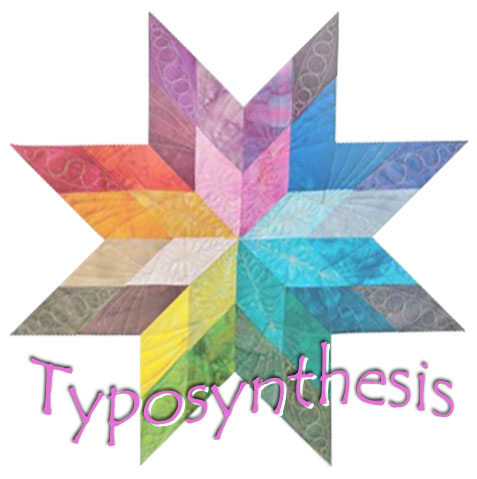Sensing Extraverted (Se) in Jungian typology

Sensation Extraverted type – Se in different typological models >>>
Divergences between Socionics and MBTI definitions
MBTI definitions: Myers & Briggs - Linda Berens and Dario Nardi, Dario Nardi - Socionics definitions: Ausra Augustinaviciute, Socionics
* * *
● Description of Si by Myers & Briggs
Extraverted Sensing: Acts on concrete data from here and now. Trusts the present, then lets it go.
Source - www.myersbriggs.org
* * *
● Description of Si by Linda Berens and Dario Nardi
Extraverted Sensing occurs when we become aware of what is in the physical world in rich detail.
We may be drawn to act on what we experience to get an immediate result.
We notice relevant facts and occurrences in a sea of data and experiences, learning all the facts we can about the immediate context or area of focus and what goes on in that context.
An active seeking of more and more input to get the whole picture may occur until all sources of input have been exhausted or something else captures our attention.
Extraverted Sensing is operating when we freely follow exciting physical impulses or instincts as they come up and enjoy the thrill of action in the present moment.
A oneness with the physical world and a total absorption may exist as we move, touch, and sense what is around us.
The process involves instantly reading cues to see how far we can go in a situation and still get the impact we want or respond to the situation with presence.
Source - www.cognitiveprocesses.com
* * *
● Description of Si from “Magic Diamond” (2020) by Dario Nardi (PhD, neuroscience and personality researcher):
"Active Adapting" (Se): Immerse in the present context.
Act quickly and smoothly to handle whatever comes up in the moment. Excited by motion, action, and nature. Adept at physical multitasking with a video game-like mind primed for action. Often in touch with body sensations. Trust your senses and gut instincts. Bored when sitting with a mental/rote task. Good memory for relevant details. Tend to be relaxed, varying things a little and scanning the environment, until an urgent situation or exciting option pops up. Then you quickly get “in the zone” and use your whole mind to handle whatever is happening. Tend to test limits and take risks for big rewards. May be impatient to finish.
Source - www.cfl.dk
* * *
● Description of Si from “Dual Nature of Man” by Ausra Augustinaviciute
Perceives information about what might be called objects’ “kinetic energy” — for example, information about how organized/mobilized a person is, his physical energy and power, and his ability to make use of his willpower or position and exercise his will in opposition to others’. This perception implies the ability to tell what reserves of “kinetic energy” people have and how useful they can be in getting things done. It defines the individual’s ability or inability to exercise his willpower and energy in opposition to the will and energy of other people.
When this element is in the leading position, the individual possesses exceptional personal force/will. He is a born organizer of anything. He has the ability to mobilize people to achieve a goal and is able to make use of and manage animate and inanimate objects. Is able to work with things (objects) and reproduce almost any objects based on available samples. This is a reflection of his ability to organize material. These people are known for their striving to materialize their will, energy, and power, and for their desire to impose their will on others.
Source - wikisocion.github.io
* * *
● Wikisocion description of Si
Se includes the ability to know how much power, force, or influence is latent or required.
Types that value Se are much more comfortable with direct behavior aimed at making an immediate impact. This may at times be perceived as abrasive, particularly by types who do not value Se. There is usually a competitive edge to this style of group interaction, resulting in a more intense atmosphere than that of introverted sensing Si-valuing quadras. They appreciate contemplating possibilities only if they feel like they stand to gain something from it, or it has a perceived potential impact on “the real world”.
Unlike Si, which is about one’s subjective sensory experience (how intense or enjoyable it is), Se is about achieving an object of desire. It gives one the ability to influence, bend, and push situations and people in order to achieve such an object, rather than to enjoy the situation one is in.
Source - wikisocion.github.io
